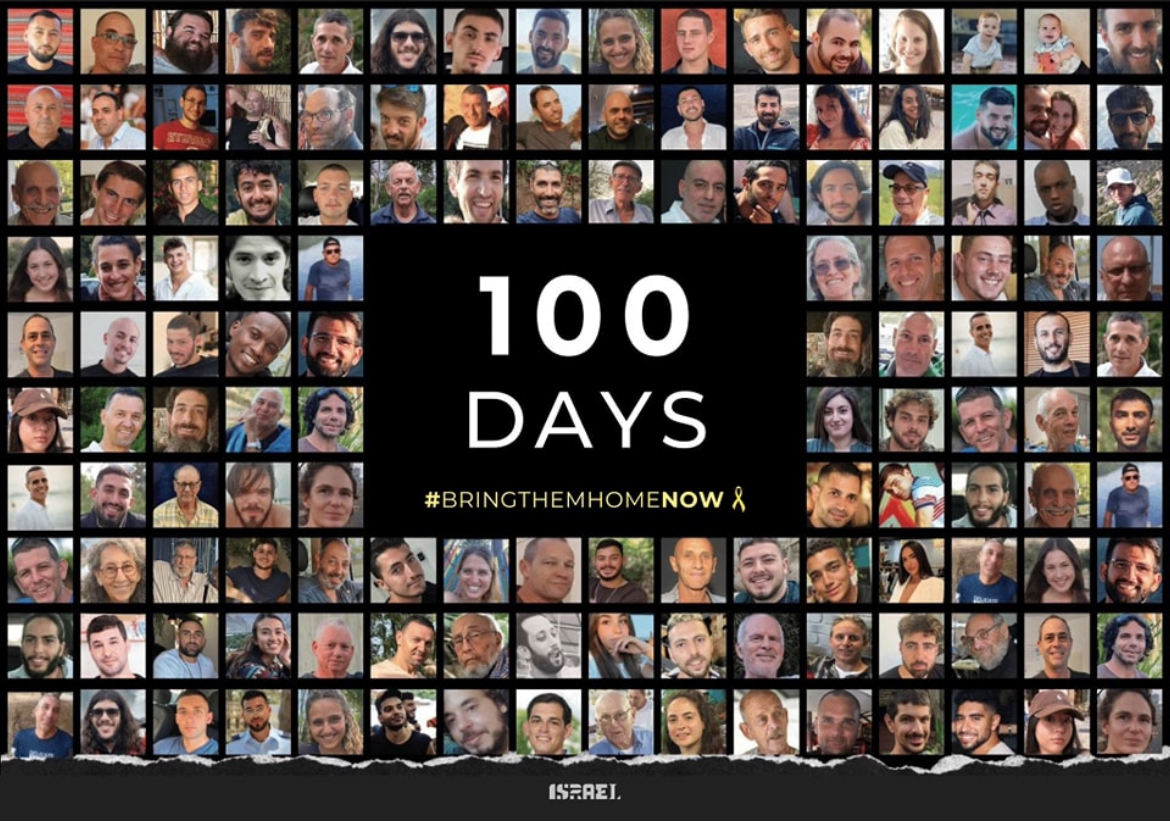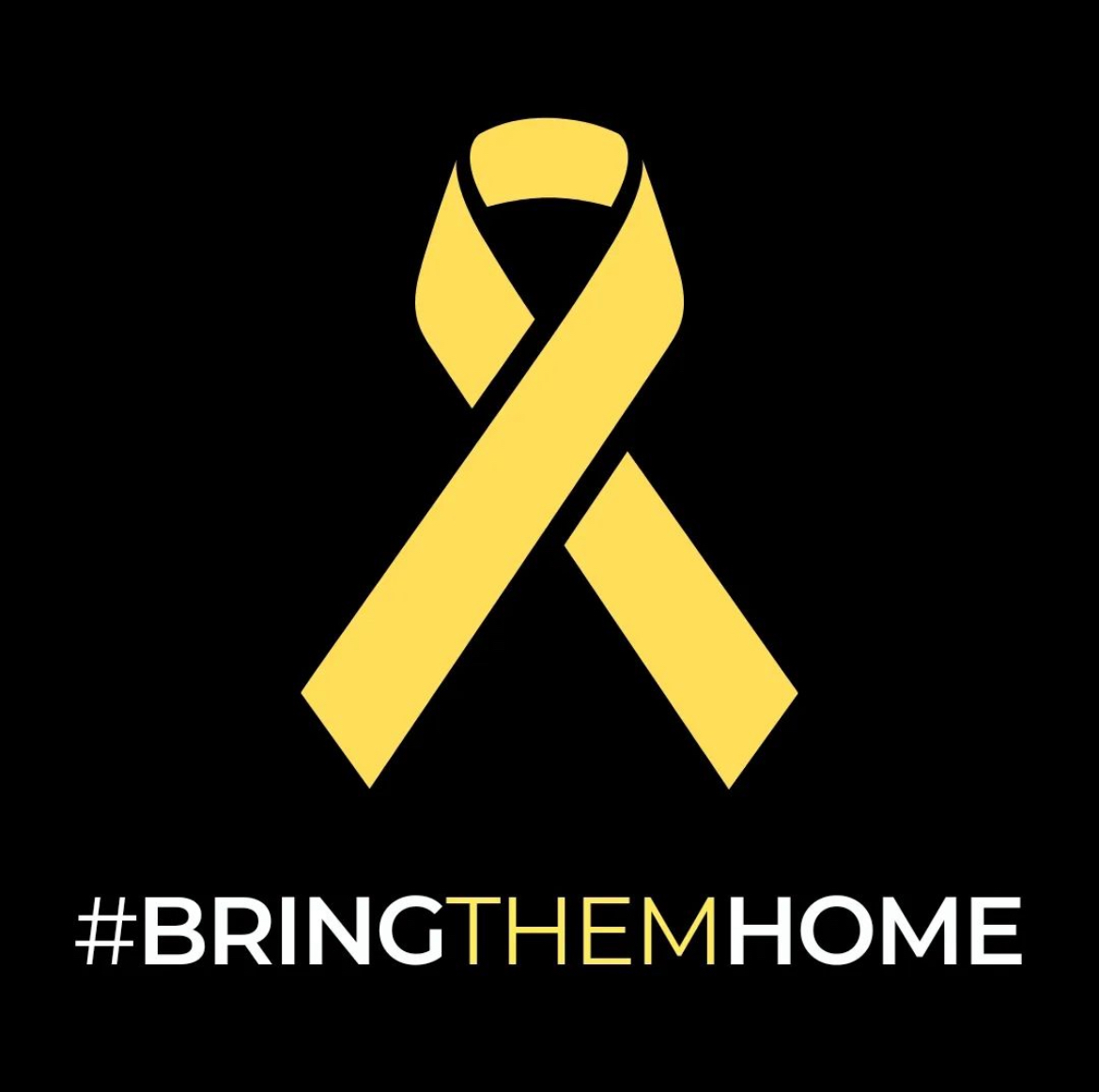“I feel horrified by the loss of life that we have witnessed on October 7th and the brutality with which it was conducted. We had mass shootings, we saw children being shot in the arms of the mothers, but the brutality of people being decapitated, women being raped, people being burned alive, that brutality was new to me and horrified me.”
“I think it is a situation which we as human beings have never seen. It’s a barbarism and I cannot equate it with anything else.”
These words were shared with me by Holocaust Survivor, Nate Leipciger. As many of you know, Nate is an esteemed Holocaust educator and author, and someone who travelled with me on the March of the Living some 20 times. Nate was answering the question as to how he, Nate, a Holocaust survivor, would compare his experience in the Holocaust to the events of October 7.
Never in my life did I anticipate or foresee that a Holocaust survivor would suggest he had seen events in his life since the Holocaust that were worse than what he experienced in Auschwitz, more brutal and horrifying than what he had personally witnessed during the darkest time in the history of humanity.

And yet that is what has happened.
So how do we respond to such acts of cruelty of unprecedented evil, acts that even shook an Auschwitz survivor to the core? How do we react 100 days after so many have been murdered and over 130 hostages are still languishing in darkened tunnels beneath the earth in unimaginable conditions?
Do we respond with anger? With hatred? With the desire for revenge? With cynicism? With despair and despondency? To answer this difficult question let me first turn to the words of the survivors themselves.
One of my first encounters with Nate Leipciger was on the 1998 March of the Living. It was at that time when a notable exchange took place with one of the Toronto students on the journey. The student asked Nate if he bore any hatred to those who engaged in a particular atrocity. Here is the dialogue.
Nate Leipciger: “You cannot have hate in your heart without being hateful against yourself. And that’s the big problem – when you are hateful, you become bitter, you resent everything and that becomes part of your nature.”
Student: “You don’t hate the soldiers, who took those kids out [and murdered them]?”
Nate Leipciger: “There is a difference between hating and holding them responsible. They are two different feelings. I don’t have to like them, but I don’t hate them. Because hate will destroy the person doing the hating.”
I remember hearing an elderly survivor speak at Yad Vashem. He spoke of how when he and
his parents were in the cattle car on the way to Treblinka, they broke open a hole for him
in the cattle car so he could escape. As they were pushing him out the safety, their last words to him were: “Always be a Mensch”
Even when the world was abandoning them, his loving parents were still teaching their child. Their last message to their son was this: despite all that’s happening around you, you must not lose your humanity, you must not lose your dignity, you must not lose your values.
I also think of one moment on CNN, where an Israeli woman was overcome with
tears over the tremendous loss of family and friends she had suffered. And the CNN Anchor,
Anderson Cooper asked her what was she going to do now? She answered,
“I’m going to practice more acts of kindness.” He then asked her: “And how will that help?”
She replied “What else can I do? What else should I do?” In the face of abject terror and horror, she insisted on continuing to act with kindness and compassion toward others. Her message is that the answer to hate is not more hate, but more love. More light, not more darkness.
So how do we bring more light to the darkness today? By standing with Israel and standing
up for the hostages. By showing Israel – in both word and deed:
You are not alone. We are with you.
I will conclude with one of the many heartbreaking stories of the hostages still being held in captivity. Noa Argamani is the young woman on the motorcycle who was kidnapped by Hamas terrorists and was seen pleading for her life as she was being dragged into the Gaza Strip. Israeli television interviewed her distraught parents who are both anguishing over the fate of their only child. Her mother has little time left to live because she is dying from cancer – her last wish is to be able to hug her daughter before the disease runs its course.
Her father tells the story that when Noa was a little girl they were hiking together in China with Noa on her father’s back. At one point they came to a hill that was too steep for him to carry her so he put her down and asked her to climb herself. The little girl looked back at her father and said, “But I am so little. I am so light. If you carry me, I will just make you even lighter and I’ll help you go up the hill”.
The burden that Israel is carrying must not be theirs to shoulder alone. We must stand together side-by-side with Israel and the hostages during this unprecedented crisis and seek to lighten their burden with our love and support.
We must not leave one stone unturned; we must not leave one door unknocked until Noa and the last of the hostages have been freed and shepherded back into the loving arms of their families.

Written by Eli Rubenstein, International March of the Living Director of Education








